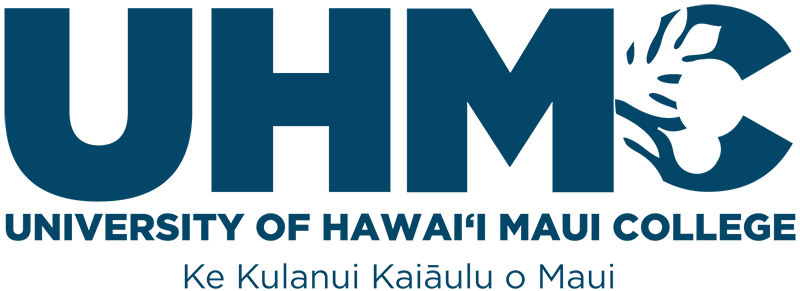Pai Ka Mana - About Us
Main Office
Laulima 210Monday-Friday 8:00am-4:00pm
Lunch 12:00pm-1:00pm
Computer Lab
Laulima 227Monday-Thursday 8:00am-4:00pm
Friday 8:00am-12:00pm
Pai Ka Māna, Student Support Services Program (SSS) is a federally funded program by the U.S. Department of Education. The mission of TRIO SSS is to assist low income, first generation and students with disabilities in obtaining the knowledge and skills necessary to successfully complete a baccalaureate degree. It is a program designed for students who have the potential and motivation to succeed, but require academic, financial, and/or emotional support.
Participation in Pai Ka Māna, TRIO SSS is provided at no cost to eligible students.
Pai Ka Māna, TRIO SSS funding is provided by the U.S. Department of Education.
The TRIO Student Support Services Program comes out of the Higher Education Act of 1965. This Act was developed to encourage more Americans to seek post secondary education. This is the basis for our program and provides the foundation of our goals. The section that speaks directly to Student Support Services is listed below:
Sec. 402D HIGHER EDUCATION ACT OF 1965 SEC. 402D. 20 U.S.C. 1070a 14 STUDENT SUPPORT SERVICES.
(a) PROGRAM AUTHORITY. The Secretary shall carry out a program to be known as student support services which shall be designed
(1) To Increase college retention and graduation rates for eligible students;
(2) To increase the transfer rates of eligible students from 2-year to 4-year institutions; and
(3) To foster an institutional climate supportive of the success of low-income and first generation college students and individuals with disabilities.
(b) PERMISSIBLE SERVICES. A student support services project assisted under this chapter may provide services such as
1) Instruction in reading, writing, study skills, mathematics, and other subjects necessary for success beyond secondary school;
2) Personal counseling;
3) Academic advice and assistance in course selection;
4) Tutorial services and counseling and peer counseling;
5) Exposure to cultural events and academic programs not usually available to disadvantaged students;
6) Activities designed to acquaint students participating in the project with the range of career options available to them;
7) Activities designed to assist students participating in the project in securing admission and financial assistance for enrollment in graduate and professional programs;
8 ) Activities designed to assist students currently enrolled in 2-year institutions in securing admission and financial assistance for enrollment in a 4-year program of postsecondary education;
9) Mentoring programs involving faculty or upper class students, or a combination thereof; and
10) Programs and activities as described in paragraphs 1 through 9 which are specially designed for students of limited English proficiency.
(c) REQUIREMENTS FOR APPROVAL OF APPLICATIONS. In approving applications for student support services projects under this chapter for any fiscal year, the Secretary shall
1) Require an assurance that not less than two-thirds of the persons participating in the project proposed to be carried out under any application
- Be individuals with disabilities; or
- Be low-income individuals who are first generation college students;
2) Require an assurance that the remaining students participating in the project proposed to be carried out under any application be low-income individuals, first generation college students, or individuals with disabilities;
3) Require an assurance that not less than one-third of the individuals with disabilities participating in the project be low-income individuals;
4) Require that there be a determination by the institution, with respect to each participant in such project, that the participant has a need for academic support in order to pursue successfully a program of education beyond secondary school;
5) Require that such participants be enrolled or accepted for enrollment at the institution which is the recipient of the grant or contract; and
6) Consider, in addition to such other criteria as the Secretary may prescribe, the institution’s effort, and where applicable past history, in
- Providing sufficient financial assistance to meet the full financial need of each student in the project; and
- Maintaining the loan burden of each such student at a manageable level.
